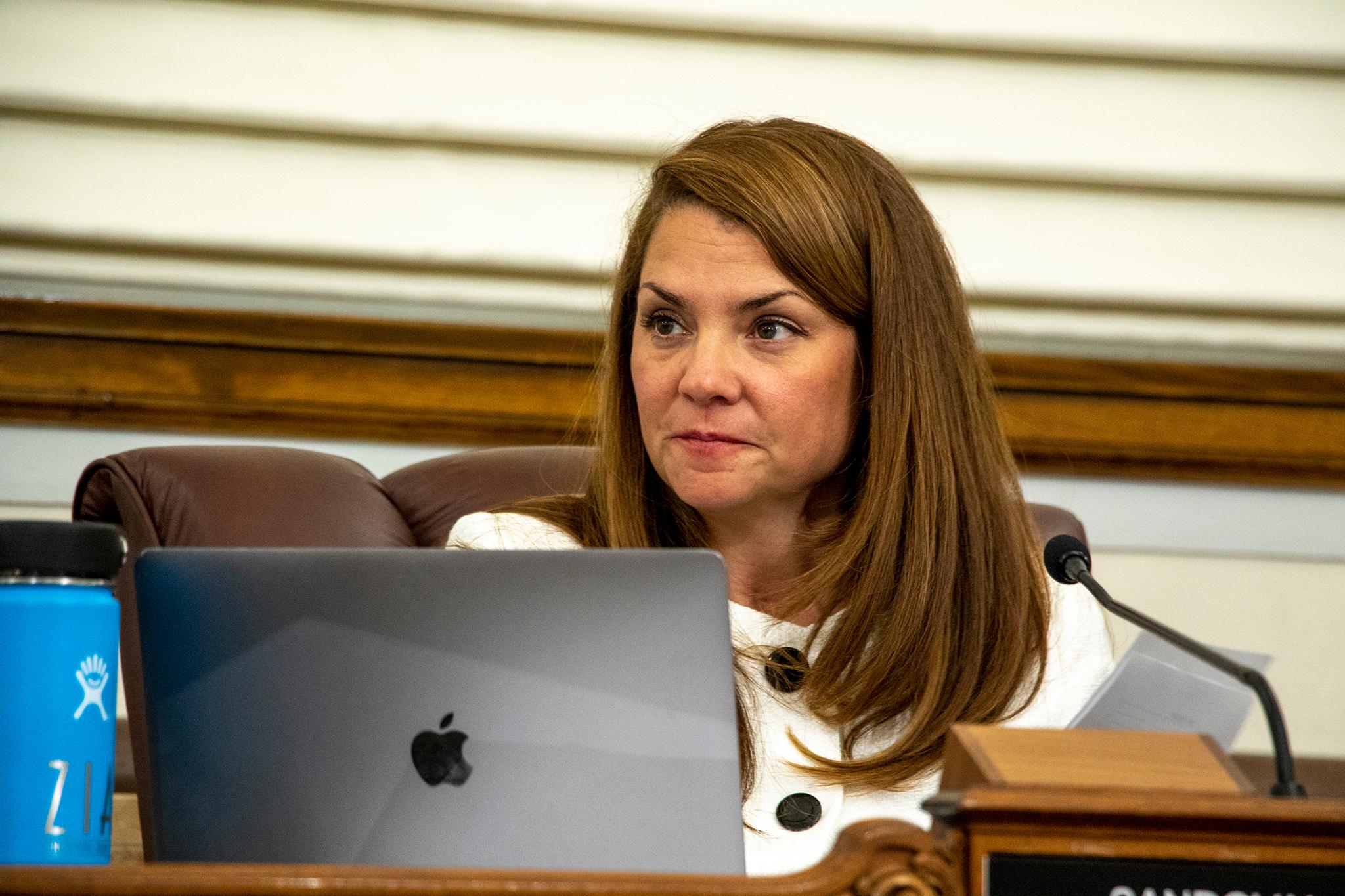Updates with City Council committee forwarding the proposal to the full City Council, with a vote there expected Nov. 9.
The Denver Planning Board and a City Council committee have unanimously approved a proposal that could lead to an entire neighborhood being rezoned for granny flats, a first for the city.
If the proposal is adopted by City Council, which is expected to vote on it on Nov. 9, it would allow what several speakers at a Sep. 16 Planning Board meeting called "gentle density" in one neighborhood, at a time when increasing density is seen as a way to meet growing needs for housing. City Council's Blueprint Denver policy document includes a recommendation that Denver take steps to ease zoning and other barriers to building accessory dwelling units (ADUs), the urban planner's term for granny flats or casitas. Blueprint Denver broadly spells out how land should be used and transportation should be planned as the city grows.
The Chaffee Park proposal could lead to an entire Denver neighborhood being rezoned for the first time, City Councilwoman Amanda Sandoval, the northwest Denver representative who is sponsoring the proposal, said Wednesday.
"I wouldn't be here today if it wasn't for the residents of Chaffee Park," Sandoval told Planning Board members via Zoom, describing her neighbors bringing the idea to her soon after she was elected to the council last year.
Sandoval said not every neighborhood would embrace ADUs, adding, "where they are welcome, let's start there."
Sandoval had told the board in a letter that she sees ADUs as a means of "increasing housing affordability and providing financial stability for residents of Denver." But she stressed she did not act on the Chaffee Park proposal until she was assured it met city criteria and was what the neighborhood wanted. She held two town hall meetings -- pre-COVID, when it was possible to gather in person instead of on Zoom -- that drew a total of 51 people. Neighbors went door-to-door to share information about the rezoning idea. Sandoval's office conducted an online survey about the re-zoning proposal to which nearly 400 people responded.
Planning Board member Ignacio Correa-Ortiz, an architect and urban planner, praised that neighborhood engagement process, saying it set a precedent for Denver.
Of the 387 survey respondents who answered a question about whether they supported the zoning change, two-thirds said yes. The Planning Board received 19 letters of support, including one from the Chaffee Park Neighborhood Association, a main driver of the proposal.
"It is our hope that this change will serve as a model for the rest of the city and our willingness to act will inspire others to join us," the neighborhood association wrote.
In the three letters opposing the idea sent to the Planning Board, Chaffee Park residents raised concerns about increasing density and pressure on parking. In an email to the Planning Board, Chaffee Park residents Celestine and Darlene Rohr raised an aesthetic point: "Yards will be filled in and cluttered with buildings not consistent with neighborhood demographics. It will be unsightly."
City staff supported the change, telling Planning Board members in a report that "ADUs can provide additional housing options, including for seniors and families, and they can provide residents more flexibility to remain in their houses.
"Allowing ADUs throughout Chaffee Park will help residents at a range of income levels continue to life in the neighborhood," the staff report said. Chaffee Park is considered vulnerable to the displacement that is often associated with gentrification.
Given the expense of an ADU, speakers told the Planning Board that support for low-income homeowners would have to be considered. Councilwoman Sandoval told the board that she has reached out to Renee Martinez-Stone, who has headed a project to put ADUs in financial reach of homeowners in west Denver neighborhoods that already are zoned for them, about what could be done in Chaffee Park.
Of the 192 Chaffee Park residents who answered a question on their councilwoman's survey about whether they would build an ADU if the change were adopted, 43 said they would "as soon as possible." Of the 145 who responded to a question about what they do with an ADU should they build one, the top three responses were to host guests (77), to rent to long-term tenants (70), and to house relatives (65). In addition, 39 mentioned short-term rentals.
More than 1,400 single family homes are in Chaffee Park, a neighborhood bound by Federal Boulevard, Osage Street, 52nd Avenue and Interstate 70. Currently, some of Chaffee Park is zoned for ADUs as long as the plot is at least 6,000 square foot, while ADUs are barred in other parts of the neighborhood. The change would allow ADUs anywhere in Chaffee Park on lots of at least 4,500 square feet.
ADUs are legal in 25 percent of Denver. In the parts of town where they are not allowed, homeowners can come before City Council to request that their lot be rezoned -- after paying a $1,000 filing fee and often paying as well for technical expertise.
At a Sep. 29 meeting, the City Council's Land Use, Transportation and Infrastructure committee agreed without dissent to forward the Chaffee Park proposal to the full City Council. City Council is expected to vote on it on Nov. 9.














